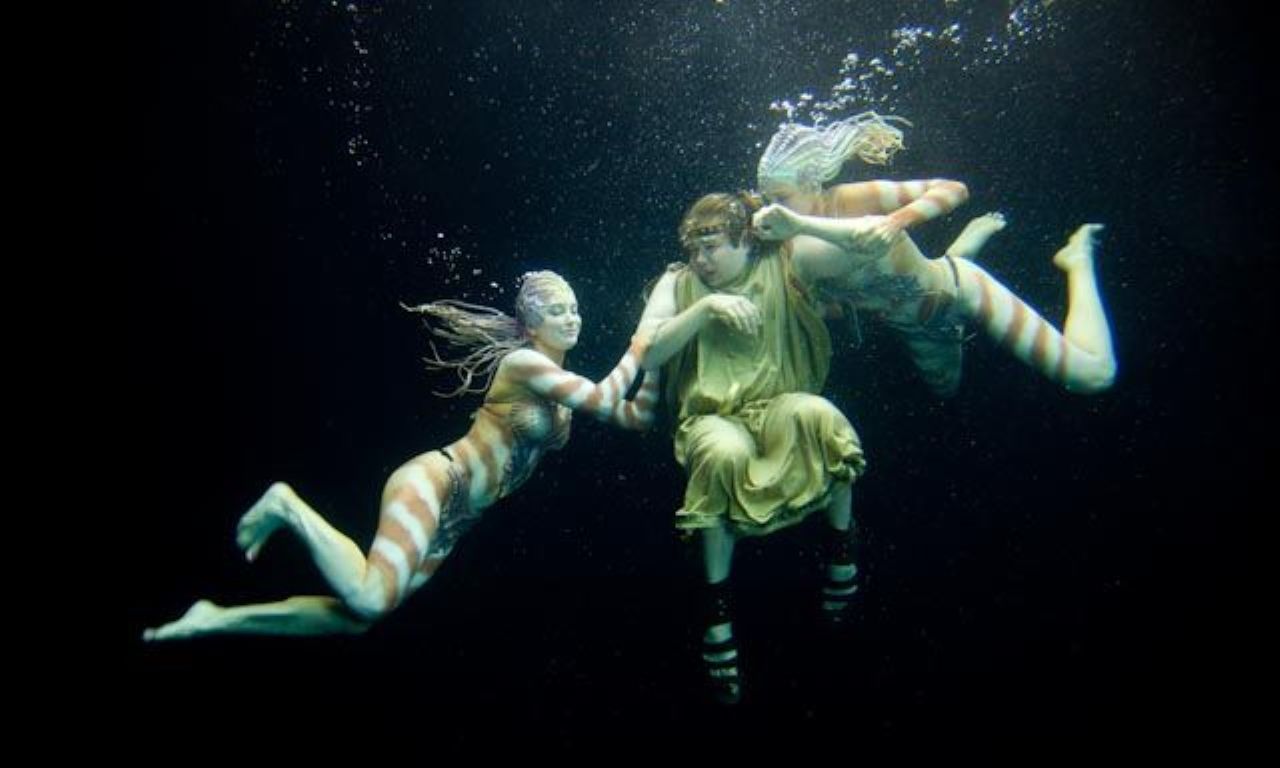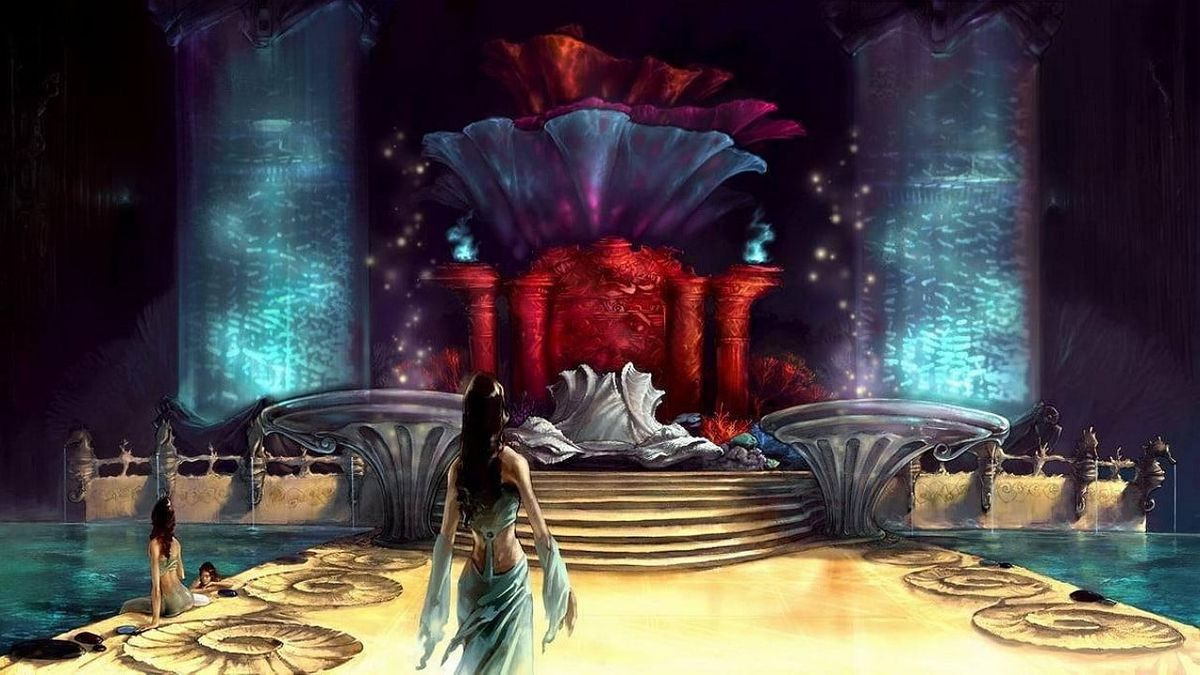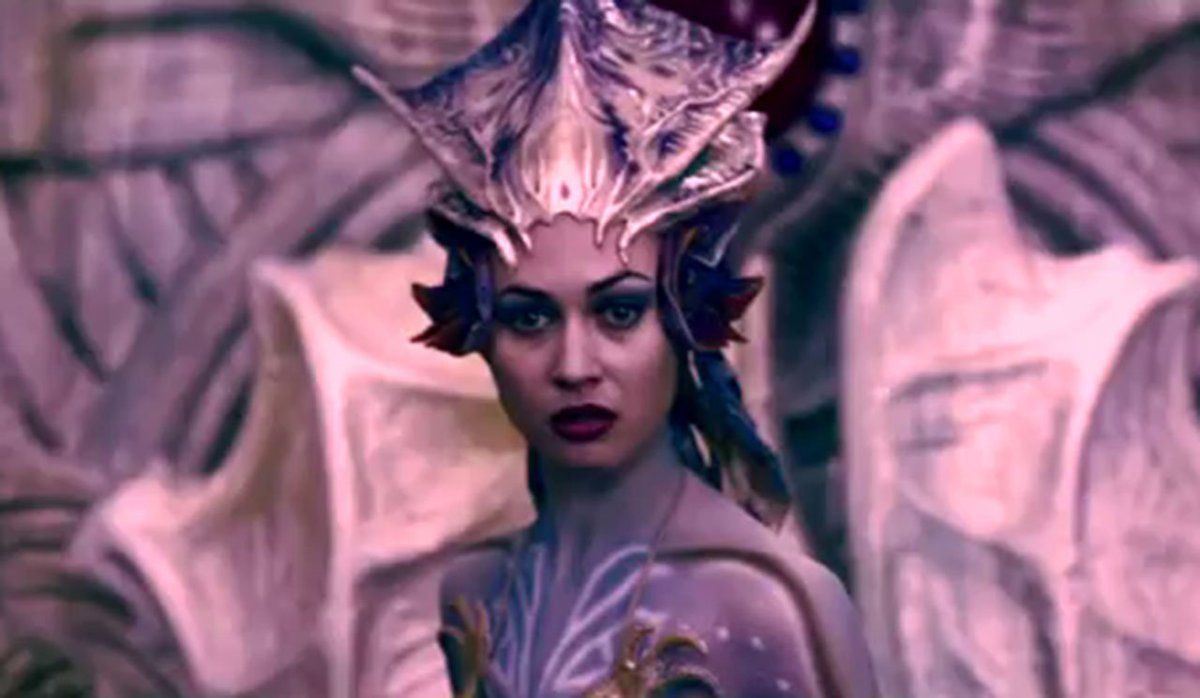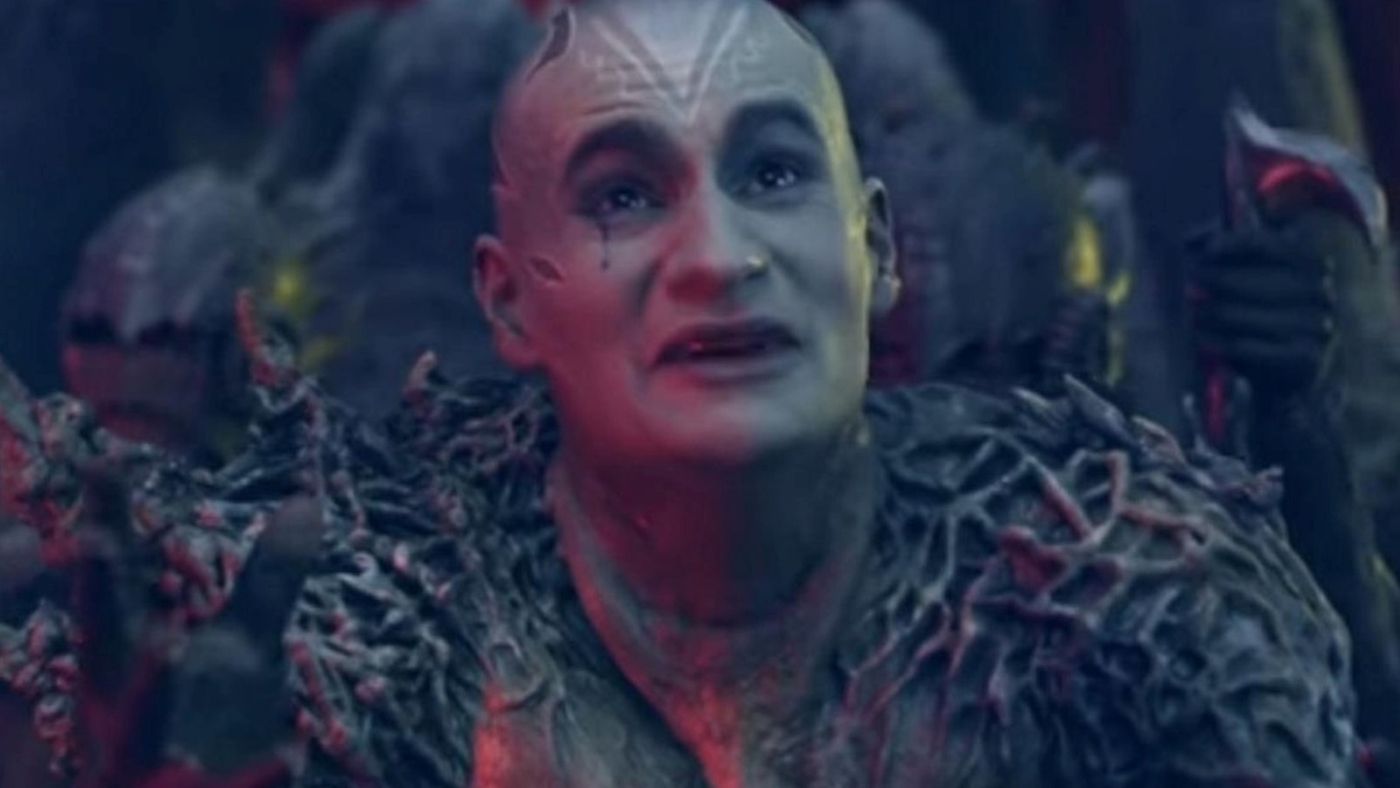In what was supposed to be China’s response to the groundbreaking success of James Cameron’s epic Avatar, the unreleased 3D action-adventure fantasy Empires of the Deep remains a puzzling yet intriguing mystery. Cameron’s blockbuster picture was fifteen years in the making, with the Oscar-winning director having first began developing the visual spectacle in 1994. With hopes of production commencing following the completion of his cinema juggernaut Titanic in 1997, the filmmaker was forced to step away from his passion project when he realized the necessary technology was not yet available to bring his vision to life.
Preparations for Avatar were resumed in 2005 with an initial budget of $237 million, though Fox’s commitment to the project waned due to the bloated costs and their history with Cameron during production of Titanic, which suffered cost overruns and delays. Despite naysayers and skeptics, Avatar went on to become the highest-grossing film at the time of its 2009 release, earning an unprecedented $2.8 billion worldwide and winning three Academy Awards; Cameron has been spending over a decade working on sequels. The success of the sci-fi flick served as both inspiration and envy for the conceptualization of China’s own potential cinema wonder Empires of the Deep, though its journey to materialization proved less than smooth.
What are the origins of Empires of the Deep?
The ill-fated fantasy Empires of the Deep is the vanity project of Chinese billionaire realtor Jon Jiang, who not only partially-financed the big-budget film but also came up with its story. The screenplay eventually underwent 40 draft changes and took four years to pen, with a total of 10 different screenwriters utilized; the original working title of the film was Mermaid Island. Jiang even hired James Cameron’s close friend and collaborator Randall Frakes to help develop the script.
Italian actress Monica Bellucci was initially set to star as the Mermaid Queen, although she later dropped out and Sharon Stone was courted for the role. James Bond actress Olga Kurylenko was finally cast, and was reportedly paid $1 million for a movie which never even got released.
A cinephile, Jiang believed that his mass wealth would be more than enough to steamroll an epic film à la those crafted by some of Hollywood’s most elite filmmakers, namely George Lucas, Steven Spielberg, and Peter Jackson. This assertion would prove pricey, as the picture’s production was plagued by countless issues regarding directors, casting woes and an ever-ballooning budget that caused the project to suffer greatly.
Production Woes Galore
Empires of the Deep was given an initial budget of $50 million, which quickly skyrocketed due to Jiang’s unfamiliarity with the moviemaking process and filming problems. The businessman first hired Catwoman director Pitof to helm the film, though he dropped out following disagreements with Jiang prior to production. Commercial and music video director Jonathan Lawrence was then brought on for the project, who later revealed the difficulties he encountered while working on the picture; clashes between the Chinese crew and oversees talent, frustration over Jiang’s control of the casting, set and costume design, and shooting locations as well as a slow filming schedule were Lawrence’s biggest grievances.
The director shot Empires of the Deep for five months before deciding to move on with other ventures and returning to Los Angeles. Lawrence reportedly left the picture due to Jiang running out of money and likened his time in China to "a dark comedy." Television director Michael French then took on directing duties in February 2010, with two thirds of the movie still left to shoot. He, too, would depart just two months later after constantly contending with Jiang, dealing with financial issues, and overall feelings that the producers failed the project.
French told The Atavist magazine, "The train was off-track. They couldn't pay the crew. They couldn't pay for the cameras. But they could add extra scenes? There was nothing they could offer that would beat the prospect of going home." The final director associated with the doomed project was Scott Miller, who completed shooting the final portion of the film in late 2010.
Outside of issues with keeping a chief filmmaker, Empires of the Deep had both troubling script and editing problems; Jon Jiang hired Steven Spielberg’s three-time-Oscar-winning editor Michael Kahn to do a pass in the editing room, but Jiang’s unwillingness to collaborate resulted in nothing coming from the efforts. The constant rotation of directors culminated in a muddled storyline, with each visionary attempting to give the script a much-needed restructuring. The 2012 trailer for the film depicts its jumbled plot and unrealized purpose, and does not reflect its hefty $130 million budget; the cheap costumes and lackluster CGI did not in fact rival the beauty and wonder of its adversary Avatar.
Is there a future for Empires of the Deep?
Despite touting a 2013 release following the premiere of its trailer, Empires of the Deep failed to find a willing distributor. In 2015, after radio silence in the entertainment industry, Jiang blamed the film’s delay on its extreme budget for re-shoots and special effects and revealed he was waiting for more investment money to come in.
According to co-writer Randall Frakes, he attributes the flick’s failure of release on poor responses from screen testings, having said: “Due to the nature of the subject matter and the producer/original writer’s concepts, which were at best muddled and at worst incomprehensible to an international audience, I did not hold out much hope of this film being accepted by the general public, either in Europe, the States or even China.”
In January 2016, producers of Empires of the Deep launched a crowdfunding campaign seeking 1 million Yuan in funding, and even advertised a new release date of April 2016. The campaign proved futile as the efforts to raise money were unsuccessful. Actor Steve Polites, who played the male lead of Atlas, had signed up for a potential trilogy of films. In a 2016 interview with Yahoo! News, Polites also mused that money was to blame for the turbulent production, having said, “Money was an issue. We’d get to set sometimes and the gates of the studio were chained shut because somebody didn’t pay something.” The actor later shared that if ever released, “It does have all the makings of a cult movie. It seems like every six months or a year I get a call or an email saying it's premiering.”
A Lackluster Legacy
Though eternal dreamer Jon Jiang set out to develop and create a cinematic spectacle, Empires of the Deep did in fact become a marvel but for all the wrong reasons. His love of movies and impressively deep pockets overshadowed the logical aspects of his monumental endeavor, specifically that he had no idea the challenge he was taking on or how the entertainment industry operated. Hollywood veteran producer Mark Byers expressed, “Jon has a really good heart and the core of a great idea, but couldn’t let go of it. He was influenced by George Lucas and James Cameron, he just grabbed onto the amateur thing.”
What was supposed to be the start of an exciting and lucrative franchise on the scale of The Lord of the Rings and Star Wars, with an accompanying animated series, theme park in China, and video game ultimately became a perplexing and unfulfilled, $130 million fantasy. Much like Empires of the Deep's muddled and murky trailer, the fate of the film remains a mystery.





